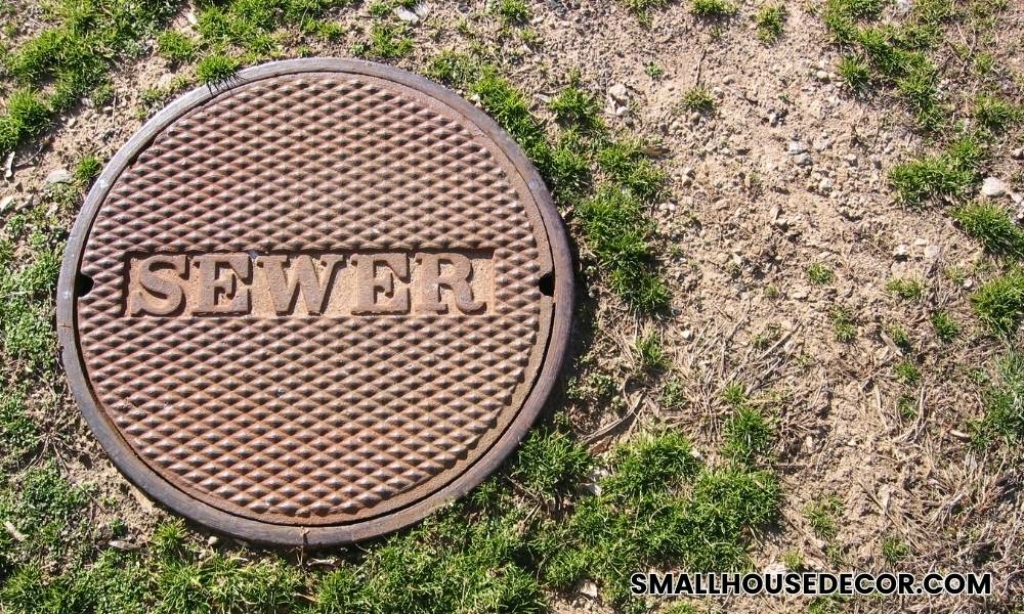Deciding on a wastewater management system for your home is a significant concern, with severe implications not only for your property but also for environmental stewardship.
Two popular methods are septic tanks and a connection to public sewer systems. But which option is better? When should you choose one over the other? Let’s take a look.

What is the Difference Between a Septic Tank and a Sewer?
Before deciding whether to opt for a septic tank or a sewer system, it’s critical to understand how each functions. A septic tank is your personal sewage system. Wastewater from your home flows into the tank, where solids settle at the bottom while liquids pass out into a drainage field.
On the other hand, with a sewer system, wastewater from your home is transported via underground city or municipal pipes to a centralized treatment facility. Essentially, the choice boils down to individual versus communal responsibility for waste management.
What are the Advantages of a Septic Tank?
You likely already take advantage of the city’s sewer system, but you may not know why it’s a good idea to switch to a septic tank. Here’s why making the switch is typically a good idea.
More Environmentally Friendly
A blog on alligatorseptic.com talks about how a septic system can be more environmentally friendly because it naturally recycles the wastewater, reducing energy consumption associated with transporting and treating sewage. This is particularly beneficial when you maintain your tank well to prevent leakage.
Live Independently
Opting for a septic tank means you can live more independently. A well-maintained septic system can operate smoothly without regular reliance on municipal services. But, you’ll need to hire professional septic care services to facilitate the efficient functioning of your system.
Lower Installation Costs
The cost of installing a septic tank is lower than connecting to a public sewer system, especially in rural areas where houses are far apart. This difference stems from the expensive infrastructure required for establishing and maintaining sewer networks over large distances.
Lower Monthly Costs
Another advantage of having a septic tank is lower monthly costs. Unlike public sewer systems that typically charge monthly service fees, owning a septic tank has no recurring charges. Of course, you should factor in regular maintenance costs, but these are generally less frequent.
What are the Disadvantages of a Septic Tank?
When switching systems, you’ll need to change your habits. You’ll have to be mindful of what you put down your drains, but that’s not all. Here are some disadvantages of a septic tank.
Higher Maintenance Costs
Unlike sewer systems, septic tanks require regular and costly maintenance to ensure that they are functioning correctly and efficiently. Failing to regularly service your tank through a professional septic service can lead to system malfunction and environmental contamination.
Systems Eventually Fail
It’s important to remember that even with the best care and maintenance, septic systems are not immortal. Over time, these systems will wear out and fail, requiring a new installation. Although it’ll take decades before you need to replace the tank, it’s still a cost to consider.
Expensive Repair Costs
Repairing or replacing a malfunctioning septic tank can be quite costly. A major septic issue might not just demand repair of the tank itself but also addressing any resulting environmental contamination. Regular checks will detect problems early on and mitigate these expenses.
Requires More Space
A key drawback of a septic system is that it requires considerable space for proper installation and operation. This could pose difficulties if your property has limited outdoor space or sits in a densely populated urban area. It’s crucial to ensure you have ample room before setting up.
In Conclusion…
Septic tanks and sewer systems have their unique benefits and drawbacks. Your choice between the two will depend on various factors like property location, environmental concerns, installation costs, maintenance responsibilities, need for independence, and available space.